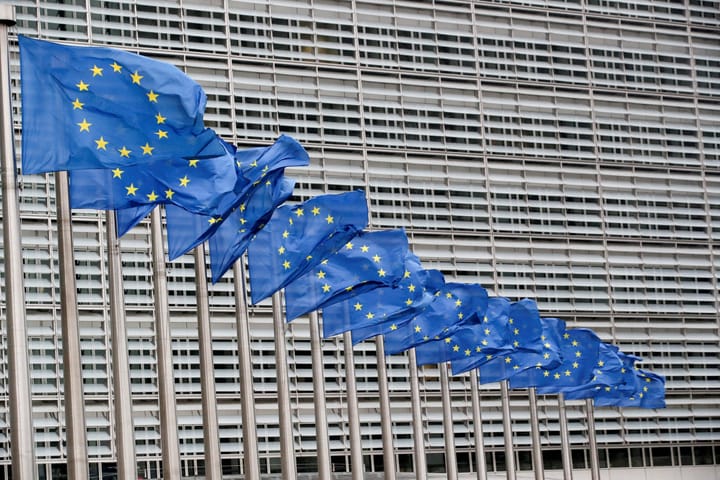As India hopes for shipments of the AstraZeneca vaccine, the EU joins the US in abandoning it

A few minutes every morning is all you need.
Stay up to date on the world's Headlines and Human Stories. It's fun, it's factual, it's fluff-free.
The company’s failure to meet its contractual obligations has been blamed for the EU’s struggle to meet its vaccination goals.
- On Sunday, May 9, the European Union stated it had not renewed its contract with AstraZeneca for more COVID-19 vaccines.
- Reports suggest that the United States has 60 million doses of the vaccine, but doesn’t currently have any plans of using them.
- Issues with the production of the vaccine and concerns over some of the serious side effects that have been reported have caused AstraZeneca’s reputation in many western countries to plummet.
- But there are plenty of other countries that would be happy to have those doses.
- Among them is India, which is continuing to see extremely high numbers of new COVID-19 cases each day due to both a vaccine shortage and problems with their vaccine rollout.
Why did the EU break with AstraZeneca?
- The EU and AstraZeneca, a British-Swedish pharmaceutical company, have been butting heads for a few weeks now.
- In April, the EU sued the pharmaceutical company, alleging that AstraZeneca was failing to meet its delivery deadlines.
- Since AstraZeneca didn’t deliver the number of doses it promised, it’s been blamed for the EU’s failure to meet its vaccination goals.
- In the original contract, AstraZeneca promised to deliver 300 million doses to the EU by the end of June. Now the company is saying it will be 100 million.
- With the legal fight continuing, European Internal Market Commissioner Thierry Breton announced that the EU would not sign a new contract with AstraZeneca once its current contract ends in June.
- Instead, the EU signed a deal with another vaccine company, Pfizer-BioNTech, to secure 1.8 billion doses through 2023.
The US is looking at what to do with its AstraZeneca doses
- As of now, the US Food and Drug Administration (FDA) has not approved the use of AstraZeneca, even though the US is apparently sitting on a stockpile of 60 million doses.
- But the US hasn’t needed to use the AstraZeneca vaccine, because it’s been surpassing its vaccination targets with the Pfizer-BioNTech, Moderna and Johnson & Johnson vaccines.
- With the US not using the vaccines, the Biden administration has been looking at ways of sharing the vaccine with other countries that are in need.
- In late April, it was reported that the administration was hoping to ship out 10 million doses of its 60 million stockpile.
- But so far there have been no reports that any vaccines have been shipped.
- One of the main countries hoping to get those doses is India, which has been averaging around 400,000 new COVID-19 cases every day in May.
Who developed the AstraZeneca vaccine?
- The AstraZeneca vaccine, also often called the Oxford-AstraZeneca vaccine, was developed as a collaboration between AstraZeneca and Oxford University in the United Kingdom.
- Though AstraZeneca was approved for use by the EU in January 2021, that approval only came after a troubled development.
- Back in September 2020, its vaccine trial had to be halted in the third phase after a participant in the study was thought to have had a serious adverse response.
- The halt only lasted a few days, but it resulted in days of bad headlines for the company.
- In early April of this year, a clinical trial of the AstraZeneca vaccine had to again be stopped.
- The trial, which was studying the vaccine’s effects on young children and teenagers, was halted after the vaccine was linked to blood clots in some recipients.
- Though the number of people who developed clots after getting the vaccine was relatively low, the concern was enough for Denmark to discontinue use of the vaccine.
- (The COVID-19 vaccine developed by Johnson & Johnson has also been linked to blood clots, but, like the AstraZeneca vaccine, the number of incidents is relatively small.)
Have a tip or story? Get in touch with our reporters at tips@themilsource.com




Comments ()